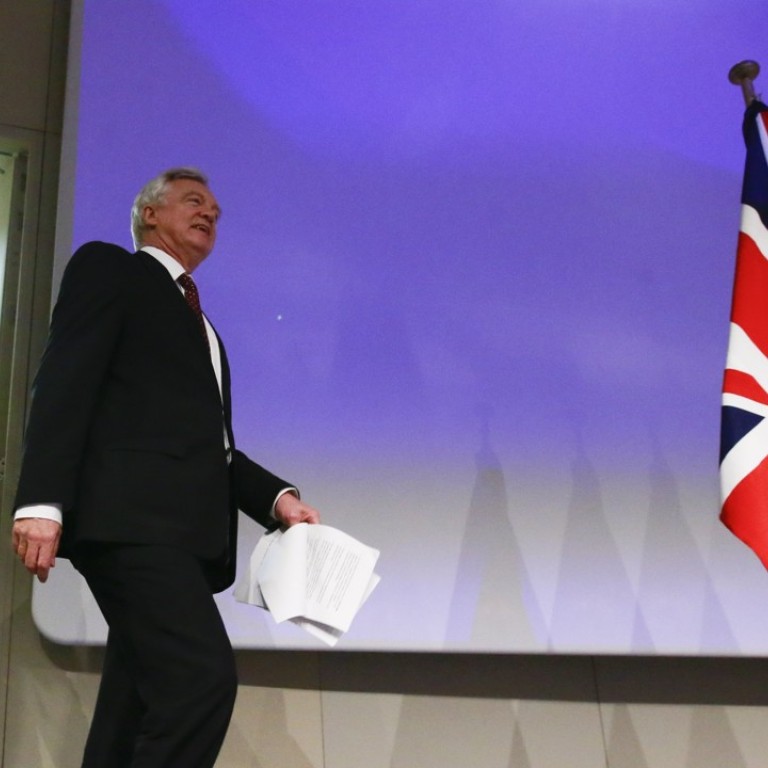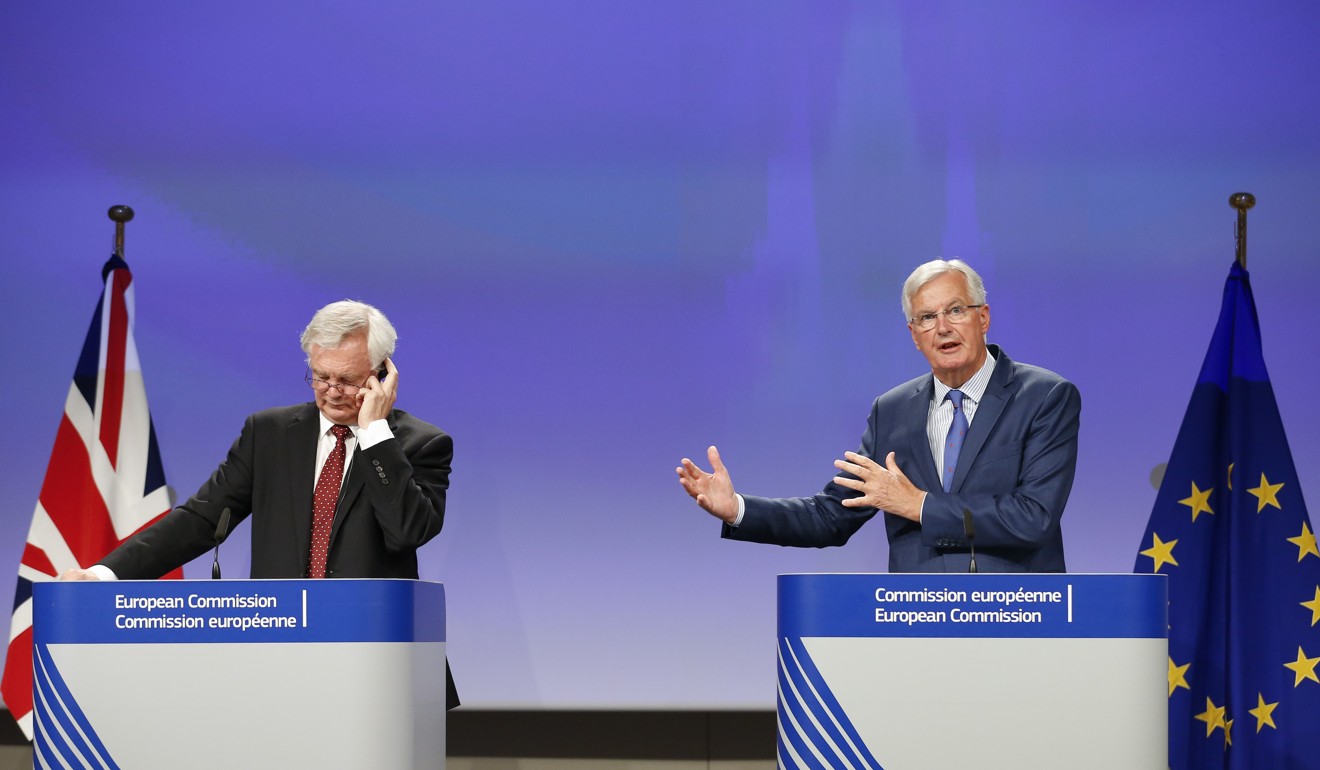
Stalled Brexit talks point to danger ahead
‘The Brexit clock is ticking and, without agreement by the March 2019 deadline, Britain will be speeding towards Hard Exit without any trade deal, expelled from the EU’s customs union and single market’
It is a common goal to want the best for your home nation. The trouble is that there is never any consensus about what may be the best outcome. This certainly applies to Britain’s Brexit quest. Nobody wants Britain to come a cropper over the question of leaving the European Union, but, the way the odds are stacking up, Britain seems to be heading for a ‘hard exit’ with growing risks of a hard fall.
It is not only Britain’s Leavers and Remainers who remain doggedly at odds. Even within the Leave camp there is no agreement on how the process to depart from Europe is going to happen. Whether it will be a Soft Transition or a Hard Exit, or even whether it happens at all, is all up in the air. Meanwhile, Britain and the EU’s negotiating teams are not even on the same page, let alone reading the same script when it comes down to dividing up the spoils. It is fast becoming a farce of astronomical proportions.
In amongst all of this acute uncertainty, consumers, businesses and investors are expected to go about their business and make rational decisions based on their reading of the future. But what future, many might ask? The Brexit clock is ticking and, without agreement by the March 2019 deadline, Britain will be speeding towards Hard Exit without any trade deal, expelled from the EU’s customs union and single market. Right now, the costs of that outcome are unquantifiable.
There will be losers on both sides. It is not just the shock to the British economy and all that entails in terms of lost exports, slower economic growth and job cuts. Europe needs to face up to the fact that it could be losing up to 10 per cent of its market potential if Britain takes the short walk out. For German and French car manufacturers, the UK is a major marketplace and its loss unthinkable.

Right now, both economies are at critical moments in their recovery cycles and can ill-afford to be complacent about unnecessary shocks. In the UK’s case, the government should be doing all in its power to promote economic recovery and revival, but Brexit is fast becoming an albatross around the economy’s neck.
Britain’s growth prospects are being downgraded left, right and centre, thanks to Brexit blues and the overhang from the government’s austerity programme, as it struggles to balance its budget books. British consumers are laden down with record levels of personal debt, UK businesses are very reluctant to invest given so much future uncertainty, while the government is reining back on public spending.
Consensus forecasts for UK growth over the next few years are a little over 1 per cent per annum, but the margin for error is massive. In reality, the UK is still a mere slip away from another dip back into recession at some stage soon, while the outlook for the longer term is simply stagnation and decline if full and free access to Europe’s 500 million strong consumer market is declined.
No wonder the Bank of England is wringing its hands over what to do about normalising interest rates, despite inflation perking up. The odds are Britain enters into a second decade with rates stuck close to zero, putting more downward pressure on the UK pound.
Of course, what is good news for British exporters from a more competitive pound, piles more pressure onto European manufacturers as the euro gains more upside momentum. The European Central Bank is already starting to fret about the currency’s strength, not least because Europe’s economic outlook remains unsettled and in need of more nurturing.
Europe’s political hawks must be careful about pushing brinkmanship with Britain too far. Despite the ECB’s flood of monetary stimulus, Europe’s recovery is not off the hook yet. Europe is only just emerging from deep crisis following the 2008 crash and can ill-afford any new shocks, especially those posed by hard Brexit to European manufacturers, jobs and financial stability.
It is time for cool heads and steady hearts. The war of words needs to stop and Brexit negotiations need to enter a more conciliatory stage, governed by compromise and mutual understanding. There is too much at stake and both sides should avoid hitting the self destruct button on European unity.
It is time to stop the Brexit madness before it gets out of hand. Compromise must be found at all costs.

